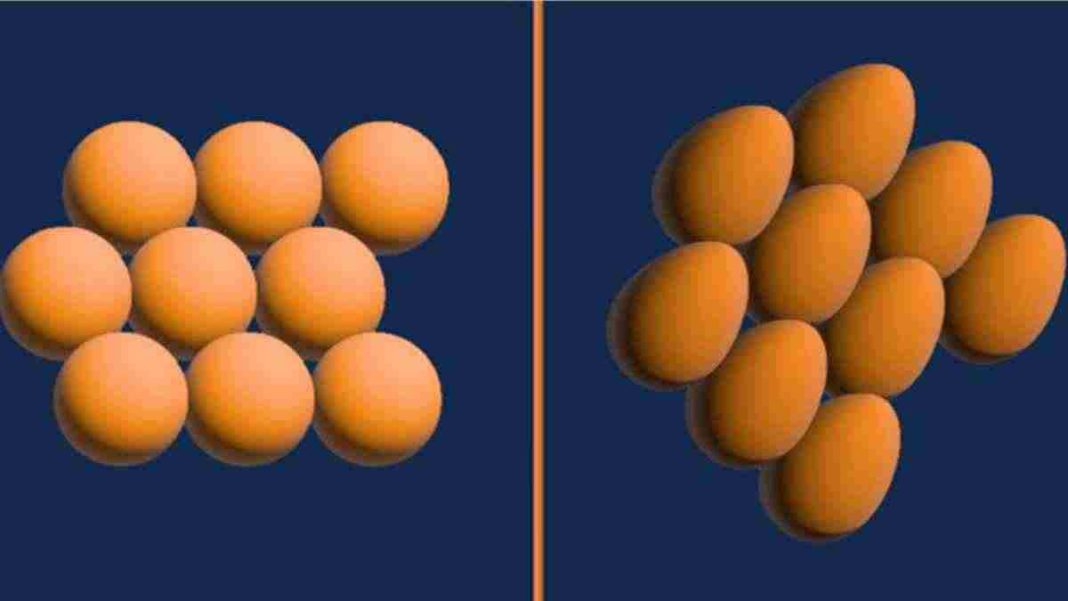UNITED STATES: David Ceperley, a professor of physics at the University of Illinois Urbana-Champaign, and his collaborators developed a machine-learning technique to simplify quantum mechanical simulations of hydrogen atoms.
This technique allowed them to simulate a larger number of atoms than was previously possible, which led to the discovery of a new kind of high-pressure solid hydrogen that had not been observed in previous experiments or theories.
Specifically, the researchers found a phase in which the molecules become oblong figures, which dominate at high temperatures and pressures.
To develop their machine learning model, the researchers used quantum Monte Carlo (QMC) simulations, a state-of-the-art technique that can simulate hundreds of atoms, and trained it to accommodate many more atoms than QMC by itself. They then used the model to study the solid phase of hydrogen that forms at very high pressures and temperatures.
To train their machine learning model and validate their results, the researchers used data from density functional theory, a prominent technique that is less accurate than QMC but can take a lot more atoms.
They found that the simplified machine learning model perfectly reproduced the results of standard theory, indicating that their large-scale, machine learning-assisted QMC simulations can account for effects and make predictions that standard techniques cannot.
The discovery of this new kind of solid hydrogen has started a conversation between researchers and some experimentalists, inspiring some groups to revisit the problem and more carefully explore hydrogen’s behaviour under extreme conditions.
It is crucial to comprehend hydrogen at extreme conditions of pressure and temperature in order to better comprehend Jupiter and Saturn, two gaseous planets that are mostly composed of hydrogen.
Also Read: Jupiter-Venus Conjunction Tonight: Unmissable Space Wonder for Nightgazers



